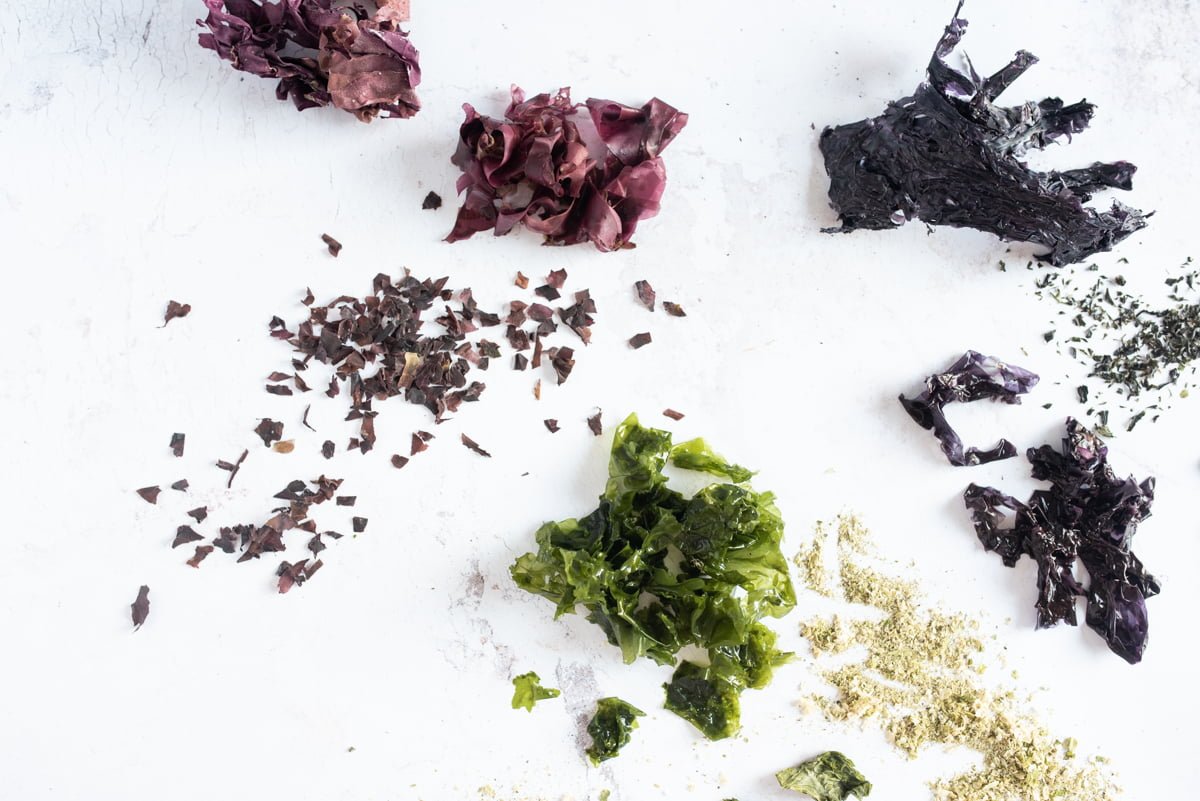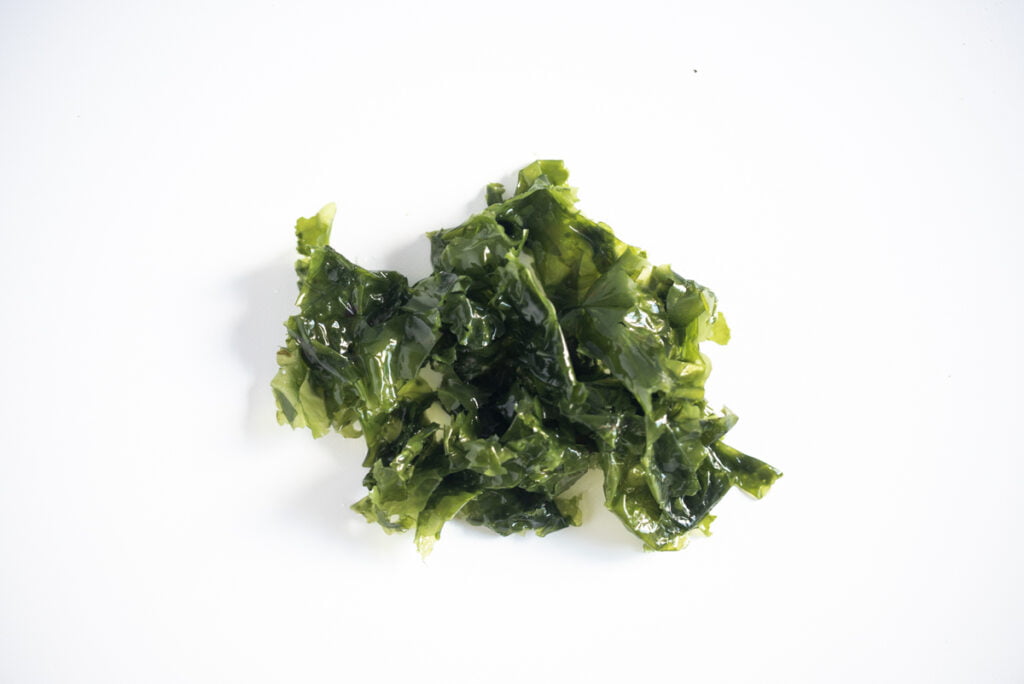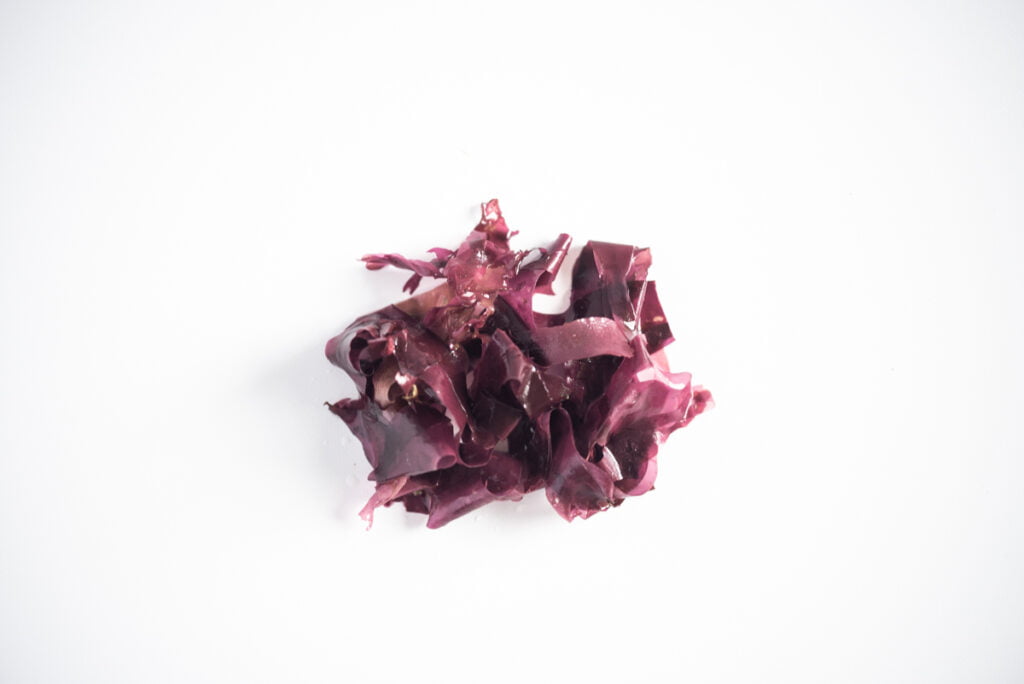The humble and exotic seaweed might just surprise you when it comes to the gut health benefits it offers.
But first, let’s start from the fundamentals.
Gut microbiome
Gut microbiome is an ecosystem of microorganisms that reside in your gut – or the gastrointestinal tract. While we often hear about gut bacteria, the human microbiome is far more diverse than that. It consists primarily of bacteria as well as archaea, viruses and eukaryotic microbes along with their genetic material that may be floating around.
It is estimated that there are approximately 39 trillion microbial cells in an average adult human.(1) To put this in perspective, for every cell in your body, there is a microbial cell!
Like anything in life, the human gut microbiome consists of microbes that are both helpful and potentially harmful to your health.(2) It is your gut’s primary function to maintain that balance, so that the harmful strains of microbes are in check and do not overtake the entire ecosystem.
The good news is – you are very much in control of this process and can help support a healthy microbiome through environmental factors, such as your diet. In other words, you are practically the driver of this system, and there are simple steps you can take to guide it in the right direction.
Seaweed and microbiome
This brings us to seaweed.
Beneficial polysaccharides
Seaweed is rich in a type of sugar called polysaccharides. These polysaccharides serve as dietary fibre and come with so many benefits. Different types of seaweed can contain between 25-75% of fibre in dry weight.(3) And research repeatedly demonstrates the powerful benefits of fibre on gut microbiome.(4)
On average, seaweed contains 24.5 g/100 g of soluble fibre and 21.8 g/100 g insoluble fibre.(5) The soluble fibre in seaweed can bind with water 20 times its own volume, which helps to promote stool bulking and decrease transit time in the colon.(6) This does not only help to support healthy bowel movements but also act as a positive factor to prevent colon cancer.(6)
The viscous indigestible masses of soluble fibre also have the ability to trap toxins and other harmful compounds in the digested food and excrete through the feces.(6) This helps to protect the surface of your digestive tract, keeping it clean and free of toxins that can disrupt a healthy microbiome. It is a food that actually helps your body detox and has been tested time and time again.
Seaweed as prebiotics
The insoluble fibre in seaweed acts as prebiotics – the food for your friendly gut microbes.6 Prebiotics are the fibre that surpasses your digestion and ends up in your colon (large intestine), where it is fermented by the beneficial microbes and helps to support their growth.(4) The more beneficial microbes you have, the better it is for your gut health.
Polysaccharides such as fucoidan, laminarin, alginate and their derivatives are commonly found in seaweed, and they have been shown to provide prebiotic benefits.(5) Such prebiotic fibre helps to stimulate the growth of beneficial bacteria and result in a positive shift in the human microbiome.(3) A simple act of introducing seaweed to your diet can essentially shift your entire microbiome for the better!
Alg Seaweed products contain different types of seaweed such as sea lettuce, wakame, nori, winged kelp and dulse, each of which contains various types and amounts of prebiotic fibre.
Other important benefits
Seaweed also contains a myriad of bioactive compounds that have antioxidant potential and anti-inflammatory properties.(3) Collectively, these benefits contribute to a healthy digestive tract and microbiome.
If you are interested in supporting your gut health, we recommend introducing seaweed into your diet. The research clearly speaks for itself. It is not only gut-friendly but also delicious and provides the perfect umami hit!
A piece of advice
Seaweed is naturally high in iodine, and some people may be advised to limit their iodine intake due to thyroid medications. Depending on the type of seaweed you consume, the amount of iodine and recommended quantity will be different. A general rule of thumb is a sprinkle of seaweed flakes or seasoning per day. Balance is key, and it is important to not overload your system with iodine.
It is also important to note that while seaweed is great for gut health, it is not a cure for gut disorders and conditions. If you are experiencing digestive issues, please seek professional advice from your medical practitioner and/or dietitian.
Reference:
- Sender R, et al. PLoS Biol. 2016; 14(8): e1002533.
- Ursell LK, et al. Nutr Rev. 2012; 70(Suppl 1): S38-S44.
- O’Sullivan L, et al. Mar Drugs. 2010; 8(7): 2038-2064.
- Heiman ML, Greenway FL. Mol Metab. 2016; 5(5): 317-320.
- Peñalver R, et al. Mar Drug. 2020; 18(301); 1-27.
- Rajapakse N, Kim SK. Adv Food Nutr Res. 2011; 64: 17-28.




